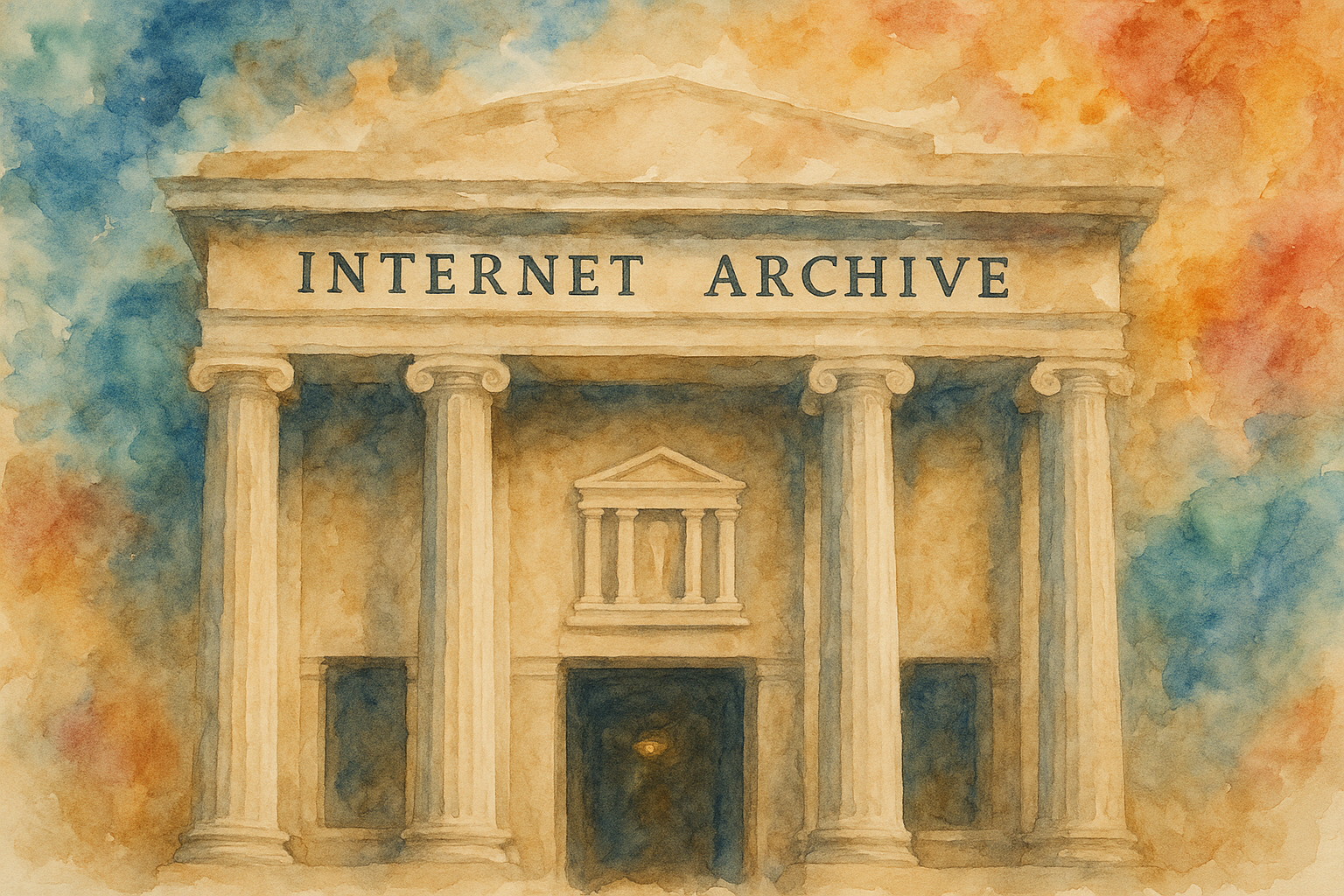We’ve all felt that digital pang of loss, a favorite blog vanished, a crucial link dead, a piece of our shared online culture erased as if it never existed. For decades, one institution has stood against this quiet erosion of our digital world: The Internet Archive. It’s been our unofficial digital memory keeper, the silent librarian of the web. But a recent, quiet announcement signals a monumental shift. Thanks to the efforts of Senator Alex Padilla, the Internet Archive has been designated an official U.S. federal library, cementing its role in preserving our history and, perhaps, securing its future.
More Than Just a Wayback Machine
For many, the Internet Archive is synonymous with the Wayback Machine, that magical portal that lets you visit websites as they were years, or even decades ago. But its mission has always been grander. Founded in 1996 by Brewster Kahle, its goal is nothing less than “universal access to all knowledge.” It digitally preserves not just websites, but millions of books, movies, audio files, and software programs. Its a living, breathing library for the digital age, built on the radical idea that our online creations are as culturally significant and worthy of preservation as physical artifacts. This official designation is a powerful validation of that founding principle.
What “Official Federal Library” Really Means
Becoming a federal library isn’t just a title; it’s a formal recognition of the Archive’s role in the nation’s information ecosystem. Specifically, it joins the Federal Depository Library Program (FDLP), which ensures that government publications are accessible to the public. While this adds new responsibilities for preserving government data, the symbolic weight is far heavier. In an era where digital information is often transient and controlled by private platforms, the U.S. government is officially acknowledging that a digital-first, non-profit institution is a vital part of our national heritage. Its a statement that says our digital history matters, and its preservation is a public good.
A New Shield in the Copyright Wars?
This new status arrives at a critical time. The Internet Archive is currently embroiled in high-stakes legal battles with major publishing houses over its “Controlled Digital Lending” program, where it lends out digital copies of physical books it owns. Publishers have labeled this as mass copyright infringement, while the Archive argues it’s performing the fundamental function of any library lending books. While this federal designation doesn’t grant legal immunity, it fundamentally reframes the narrative. It becomes much harder to paint the Archive as a rogue pirate operation when it’s officially recognized by the federal government as a library. It serves as a powerful moral and public shield, strengthening the argument that its work is a crucial public service, not a commercial threat.
This is more than a bureaucratic reclassification; it’s a landmark moment for information freedom and digital preservation. Its a collective sigh of relief for every historian, researcher, and curious individual who has ever relied on the Archive to find a piece of our shared past. The Internet Archive is our digital Library of Alexandria, and its new status helps protect it from being burned. Now, the question turns to us: How can we support this essential institution? What parts of our digital world do you believe are most critical to preserve for future generations?

